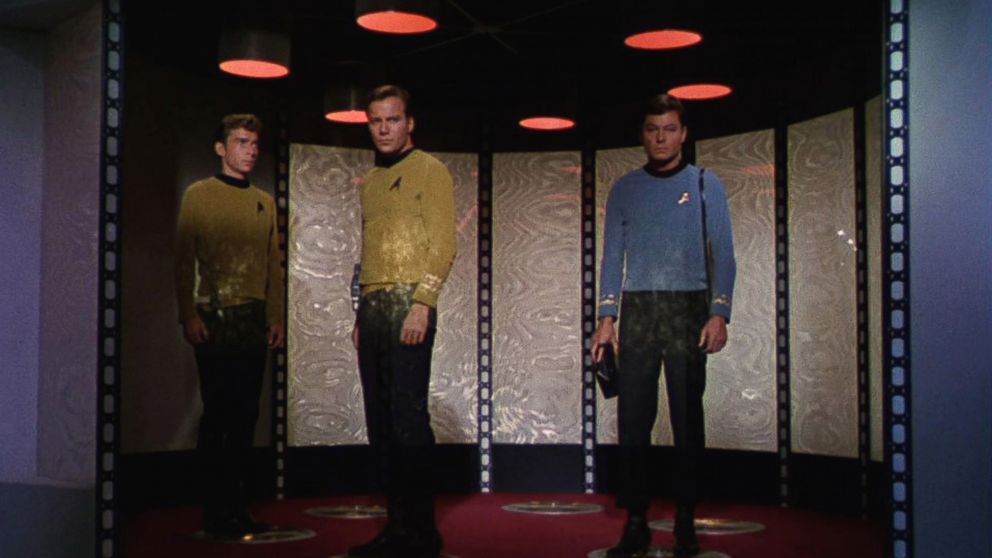Scientists Announce Successful Teleportation, But Can You Beam Yourself to the Moon?
But can you beam yourself to the moon?

May 30, 2014— -- A major breakthrough in teleportation was announced this week, but don't expect Mr. Spock to appear in a glittering beam with sound effects too soon.
Scientists at the Kavli Institute of Nanoscience in the Netherlands published a paper in the journal Science reporting their ability to teleport information three meters, or about 10 feet.
The next step is not, unfortunately, teleporting humans three meters, according to one of the leading U.S. experts on teleportation, Chris Monroe of the University of Maryland.
"You have to really lower your sights here," he said, explaining that scientists are teleporting in some instances "a single atom, very small chunks of material."
Humans are just too complex to be transported that way, he said.
Watch: What If Teleportation Were Real?
Slide Show: Star Trek: Through The Years
Read More: Americans See Teleportation, Lab-Grown Organs in the Future
Rather than beaming humans around, the developments in teleportation will be used to help transmit information in new ways. The experiments all deal with quantum information, small bits of information that disappear if it they are seen or touched by anything or anyone during the transmission, Monroe explained.
"It’s a way to have a secure communication line. There is certainty of security built into the nature of the information," Monroe explained. "Current cryptography relies on math, but it's feasible that a fast enough computer could break codes. This is revolutionary because you can’t break it."
This type of communication could function as a new form of encryption for secret information, Monroe said.
"There are various three-letter agencies that are very interested in this," he said.



